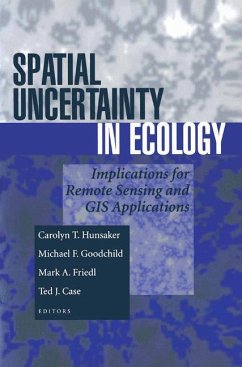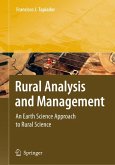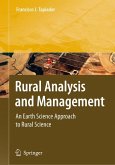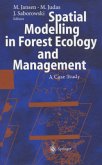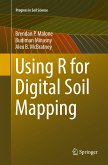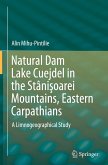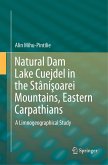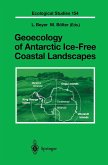The huge growth in the use of geographic information systems, remote sensing platforms and spatial databases have made accurate spatial data more available for ecological and environmental models. Unfortunately, there has been too little analysis of the appropriate use of this data and the role of uncertainty in resulting ecological models. This is the first book to take an ecological perspective on uncertainty in spatial data. It applies principles and techniques from geography and other disciplines to ecological research. It brings the tools of cartography, cognition, spatial statistics, remote sensing and computer sciences to the ecologist using spatial data. After describing the uses of spatial data in ecological research, the authors discuss how to account for the effects of uncertainty in various methods of analysis. Carolyn T. Hunsaker is a research ecologist in the USDA Forest Service in Fresno, California. Michael F. Goodchild is Professor of Geography at the University of California, Santa Barbara. Mark A. Friedl is Assistant Professor in the Department of Geography and the Center for Remote Sensing at Boston University. Ted J. Case is Professor of Biology at the University of California, San Diego.
Hinweis: Dieser Artikel kann nur an eine deutsche Lieferadresse ausgeliefert werden.
Hinweis: Dieser Artikel kann nur an eine deutsche Lieferadresse ausgeliefert werden.

